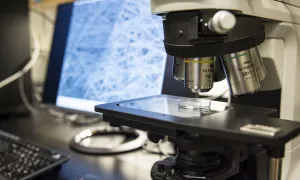

Research
Research Categories


Inorganic Chemistry
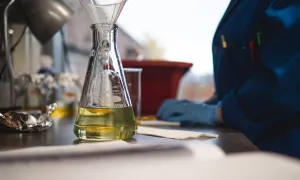
Organic Chemistry
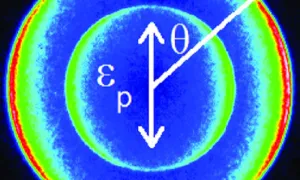
Physical Chemistry & Chemical Physics
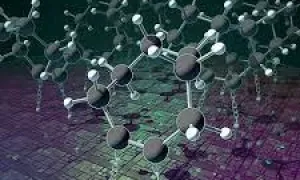
Computational and Theoretical Chemistry

Mass Spectrometry

Analytical Chemistry
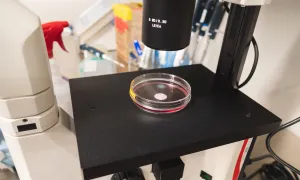
Biophysics

Catalysis

Chemical Biology
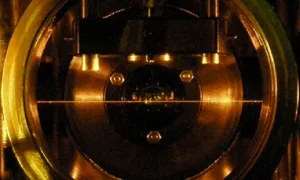
Laser Spectroscopy
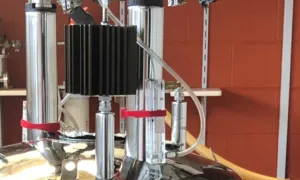
Magnetic Resonance
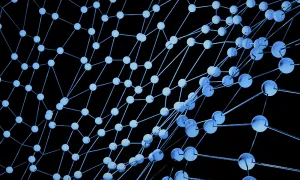
Materials and Nanoscience
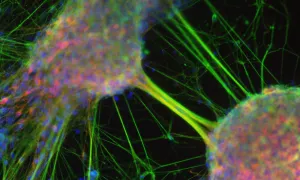
Neurodegeneration

Nuclear & Radiochemistry
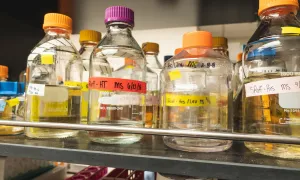
Synthetic Chemistry

Biochemistry

Inorganic Chemistry

Organic Chemistry

Physical Chemistry & Chemical Physics

Computational and Theoretical Chemistry

Mass Spectrometry

Analytical Chemistry

Biophysics

Catalysis

Chemical Biology

Laser Spectroscopy

Magnetic Resonance

Materials and Nanoscience

Neurodegeneration

Nuclear & Radiochemistry

Synthetic Chemistry
Analytical Chemistry
Biochemistry
Biophysics
Catalysis
Chemical Biology
Computational and Theoretical Chemistry
Inorganic Chemistry
Laser Spectroscopy
Magnetic Resonance
Mass Spectrometry
Materials and Nanoscience
Neurodegeneration
Nuclear & Radiochemistry
Organic Chemistry
Physical Chemistry & Chemical Physics
Synthetic Chemistry

Before attending the WashU graduate chemistry program, I had a general understanding of spectroscopic techniques and laboratory practices. With the availability and advantages of one-on-one mentoring, interdisciplinary opportunities, and access to advanced instrumentation, I have developed an array of skills necessary for success in a competitive scientific field. The diverse range of research groups available in the WashU chemistry department allowed me to find research projects that not only captivated my interests, but provided the unique challenges needed to cultivate experiences that were truly rewarding.
― Matt Sanderson PhD Candidate, Loomis Lab